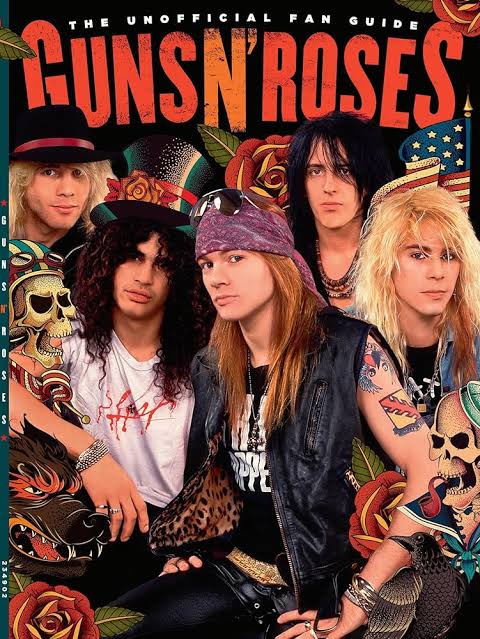
**Guns N’ Roses: Iconic Rock Band Under Tension**
Guns N’ Roses, one of the most legendary rock bands of all time, has long been known not just for their explosive music but also for the internal tensions that have both fueled and fractured their success. Formed in 1985, the band’s original lineup featured Axl Rose (vocals), Slash (lead guitar), Duff McKagan (bass), Izzy Stradlin (rhythm guitar), and Steven Adler (drums). Their debut album *Appetite for Destruction* (1987) remains a rock milestone, featuring classics like “Welcome to the Jungle,” “Sweet Child O’ Mine,” and “Paradise City.” But behind the scenes, personal conflicts and substance abuse were already threatening to unravel the band.
At the center of much of the tension was Axl Rose, the brilliant yet volatile frontman whose perfectionism and unpredictability became infamous. Late arrivals at concerts, sudden cancellations, and erratic behavior earned him a controversial reputation. Meanwhile, Slash and other members struggled with heavy drug use, adding another layer of instability. Creative differences also emerged, with Axl increasingly seeking control over the band’s direction while others, particularly Slash and Stradlin, leaned toward a more traditional hard rock sound.
The tension eventually boiled over in the 1990s. Stradlin left in 1991, citing frustration with Axl’s behavior and the chaotic band environment. Slash departed in 1996, and the classic lineup had essentially disbanded. What followed was a long period of inactivity, lineup changes, and delays, especially surrounding the long-awaited album *Chinese Democracy*, which finally arrived in 2008 after more than a decade in development — and largely without any original members except Axl.
Despite years of animosity, fans were shocked and thrilled in 2016 when Slash and Duff McKagan reunited with Axl Rose for the “Not in This Lifetime… Tour.” The tour was a massive global success and marked a major moment of reconciliation, though full reunion with all classic members remains elusive.
Even today, Guns N’ Roses remains a band under tension — a group of fiercely talented individuals whose internal struggles have both hindered and defined their legacy. Yet it is perhaps this very conflict, the chaotic energy and clash of egos, that has helped make their music so powerful. They stand as a testament to the enduring appeal of rock and roll — raw, rebellious, and often on the edge of collapsed



